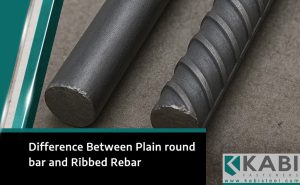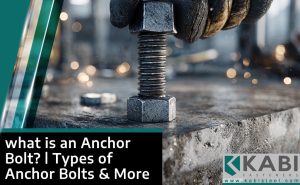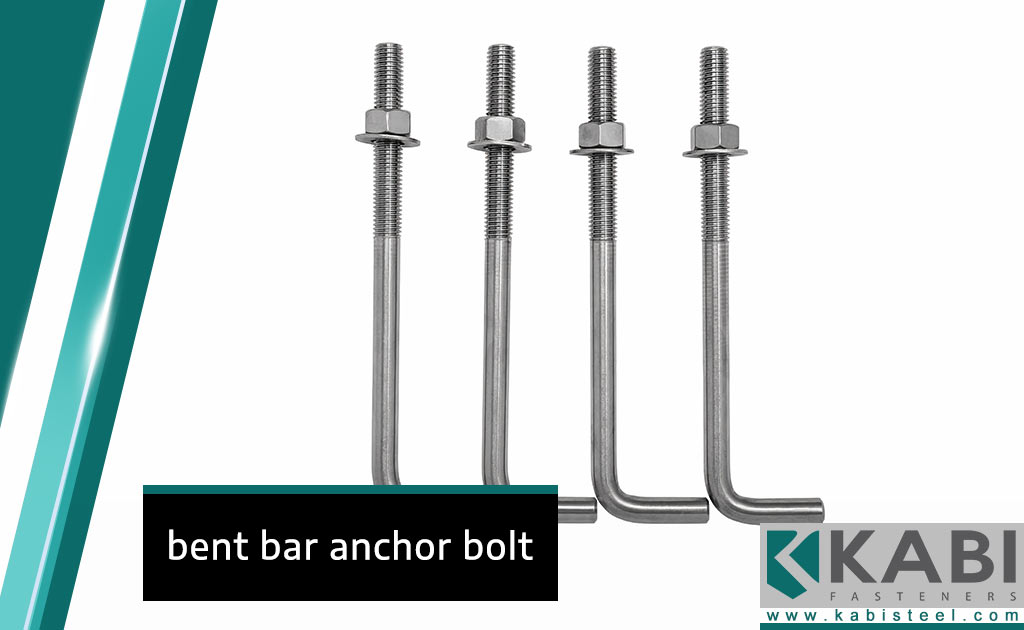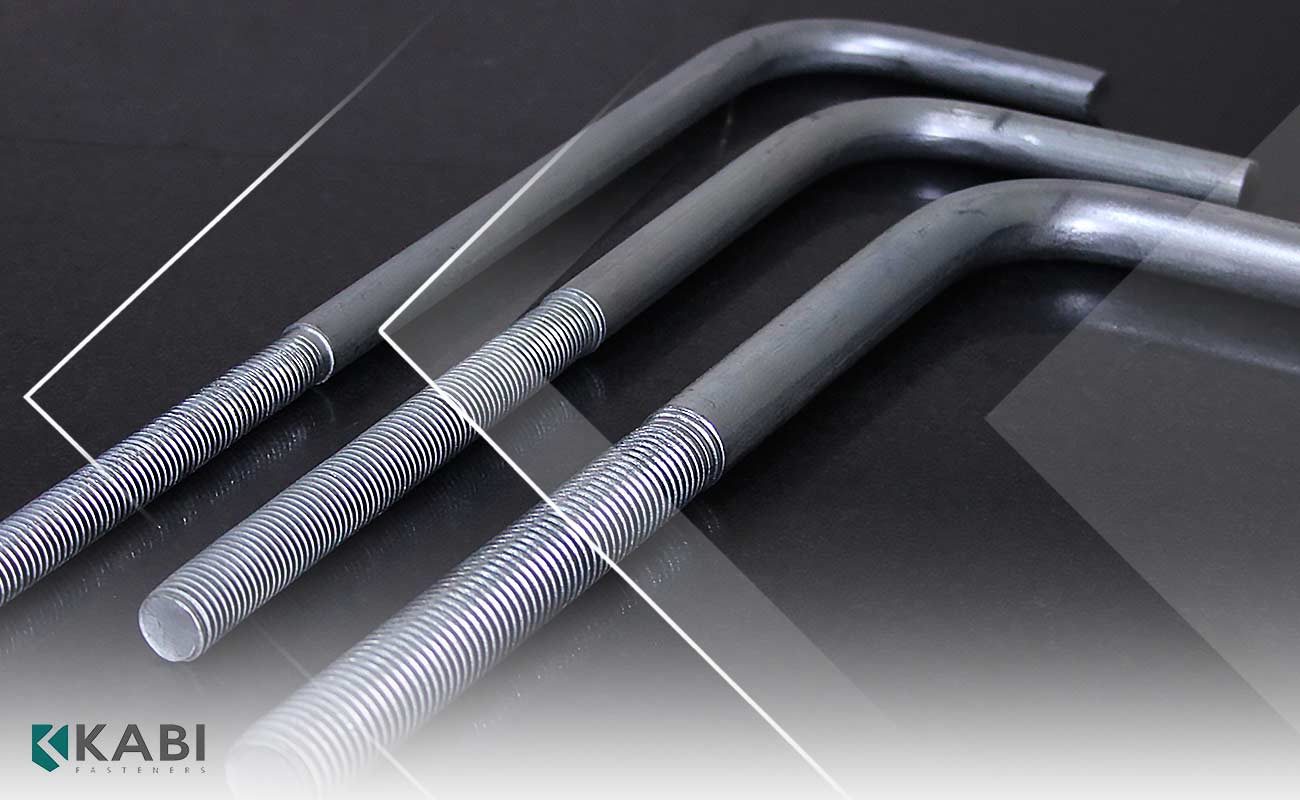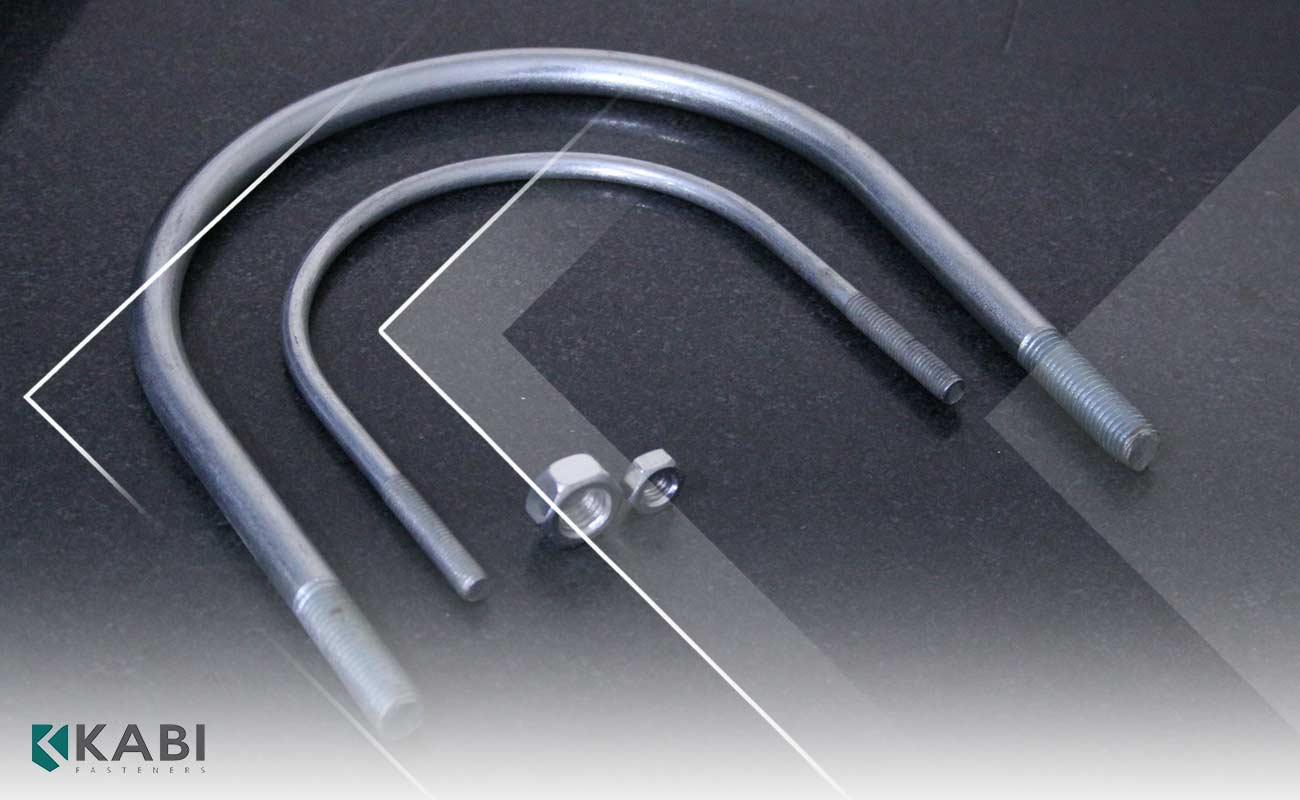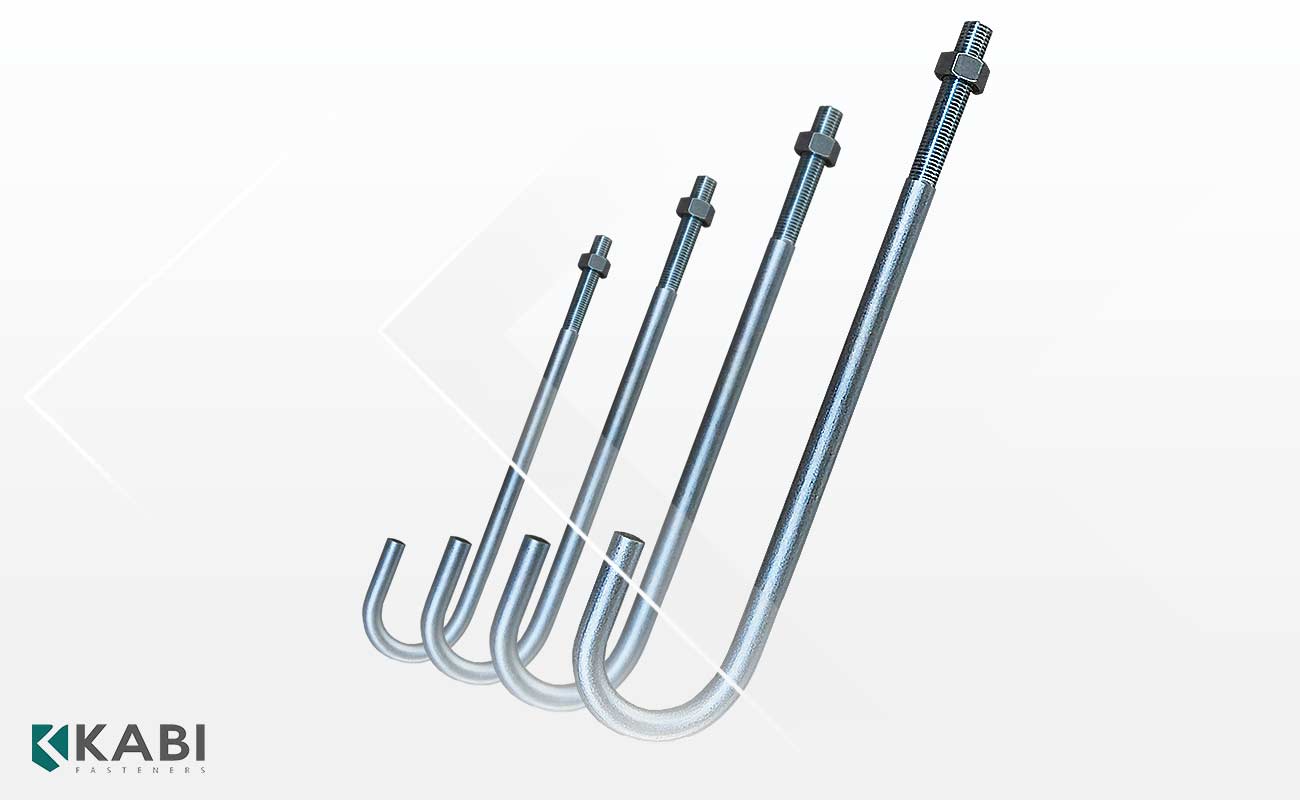When it comes to ensuring the structural integrity of buildings, machinery, or any large-scale construction, a bent bar anchor bolt plays a crucial role. These anchor bolts, with their distinct bent shape, are used to secure structural elements to concrete foundations, ensuring stability and durability. In this article, we will explore what bent bar anchor bolts are, their benefits, applications, and why they are a vital component in modern construction.
What is a Bent Bar Anchor Bolt?
A bent bar anchor bolt is a type of fastening device designed specifically for securing structural elements to a concrete foundation. Unlike straight anchor bolts, the bent version comes with a distinctive bend, usually in the form of an “L” or “J” shape. This bend provides additional grip within the concrete, ensuring that the bolt stays firmly in place under heavy loads or tension.
The bolt is typically made from high-strength steel, making it capable of withstanding significant stresses, making them ideal for construction projects where stability and longevity are key requirements.
Applications of Bent Bar Anchor Bolts
The design of a bent bar anchor bolt makes it ideal for use in environments where the bolt must resist both shear and tensile forces. Here are some reasons why bent bar anchor bolts are preferred in construction:
-
Enhanced Stability:
The bent shape allows the bolt to anchor itself firmly within the concrete. Once the concrete sets around the bolt, the bent portion prevents the bolt from pulling out under tension. -
Load-Bearing Capacity:
These bolts are designed to handle significant loads, making them essential in projects involving heavy machinery, tall structures, or large equipment. -
Corrosion Resistance:
Many bent bar anchor bolts are made from materials that are resistant to corrosion, such as stainless steel or are coated with a protective layer. This makes them suitable for both indoor and outdoor use, including in harsh environmental conditions. -
Easy Installation:
Installing a bent bar anchor bolt is a straightforward process. Once the hole is drilled into the concrete, the bent portion is inserted, and the concrete is poured around it. This creates a strong and lasting connection between the bolt and the concrete.
Applications of Bent Bar Anchor Bolts
Bent bar anchor bolts are widely used in a variety of industries and applications. Here are some of the most common uses:
-
Construction and Infrastructure Projects:
These bolts are essential in securing structural steel columns, beams, and other load-bearing elements to the foundation of buildings. Whether it’s a skyscraper or a bridge, bent bar anchor bolts play a vital role in ensuring the overall stability of the structure. -
Machinery and Equipment Installation:
Heavy machinery, such as turbines, pumps, and large engines, are often mounted on concrete foundations using bent bar anchor bolts. The stability provided by these bolts ensures the safe and efficient operation of such equipment. -
Towers and Poles:
Whether for telecommunications, electrical transmission, or wind energy, towers and poles are often secured to their foundations using bent bar anchor bolts. Their ability to handle significant tensile loads makes them ideal for such applications. -
Bridges and Dams:
Large-scale infrastructure projects like bridges and dams require sturdy, long-lasting connections between the concrete foundation and the structural elements. Bent bar anchor bolts provide the necessary strength to ensure these connections remain secure over time.
Choosing the Right Bent Bar Anchor Bolt for Your Project
The strength and durability of a bent bar anchor bolt depend largely on the material it is made from. Here are some common materials used:
-
Stainless Steel:
Stainless steel anchor bolts offer excellent corrosion resistance, making them suitable for outdoor applications or environments with high moisture levels. -
Carbon Steel:
Carbon steel bolts are known for their strength and affordability. However, they may require a protective coating, such as galvanization, to prevent rust and corrosion. -
Galvanized Steel:
Galvanized steel anchor bolts have a protective zinc coating, making them resistant to rust and corrosion, particularly in marine or industrial environments.
In terms of design, bent bar anchor bolts come in various sizes and configurations, depending on the specific requirements of the project. Common designs include the L-shaped , U-shaped and J-shaped bends, both of which offer superior anchoring properties compared to straight bolts.
Materials and Design Options
When selecting a bent bar anchor bolt, it is crucial to consider the specific requirements of your project. Factors such as the load-bearing capacity, environmental conditions, and the type of material used should all be taken into account.
-
Load Requirements:
Ensure the bolt is capable of handling the required tensile and shear loads. Consult with a structural engineer if necessary to ensure the correct specifications are met. -
Environmental Conditions:
If your project is in an area prone to moisture, salt, or other corrosive elements, opt for corrosion-resistant materials such as stainless steel or galvanized steel. -
Size and Shape:
The size and shape of the bent bar anchor bolt should match the design of the structure and foundation. The right shape ensures better anchorage and prevents any potential movement over time.
Conclusion
In conclusion, a bent bar anchor bolt is a critical component in many construction and industrial projects. Its unique design ensures that structural elements are securely fastened to concrete foundations, providing enhanced stability, load-bearing capacity, and durability. Whether you’re working on a large infrastructure project, installing heavy machinery, or securing a tower, bent bar anchor bolts provide the reliability and strength you need for long-lasting success.
As with any construction material, it’s essential to choose the right bent bar anchor bolt for your specific needs. By considering factors such as material, load capacity, and environmental conditions, you can ensure your project is built to withstand the test of time.

